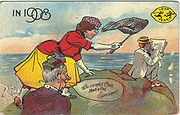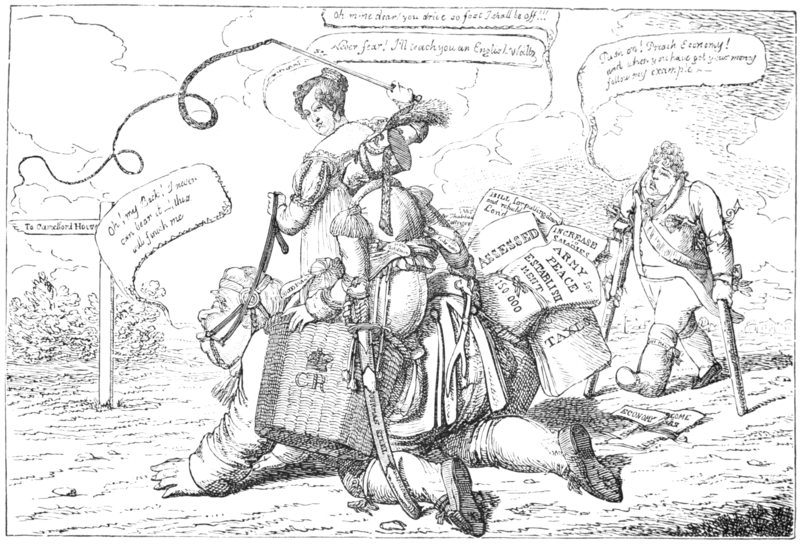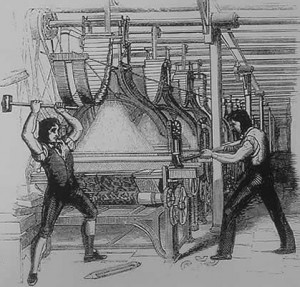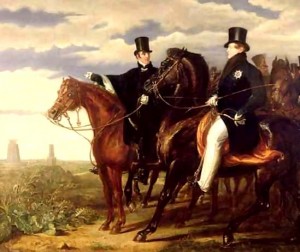Isn’t it wonderful that God gives us spring to follow cold, dreary winter? We are accustomed to spring coming. It happens every year at the same time. We don’t doubt it. We accept it. God promised as long as the earth remains we would have seed time, and harvest, summer, and winter.
We accept it because He has proven it for thousands of years. We know that we know. What would happen if we treated every problem in our lives with the same faith? It will come to pass because God says it will. Nothing happens to us that does not go through God’s hands first. If we are chosen to walk through a difficult place. We should realize that God knows our strengths and weaknesses and trusts that we will come through said place stronger. He will never put us in a place we cannot come out of victorious.
I once saw a mama dog take her litter of six puppies into a patch of tall grass and leave them. The mama dog came out of the tall grass and sat on our lawn watching the place she left them. The puppies cried and whined wanting her to come get them. She sat there waiting until they used the senses God gave them to pick up her scent and follow it back to safety. I am happy to say all the puppies made it out, AFTER they quit crying and whining.
God stretches and grows us to mold us in His image because He knows if we look, sound and act like Him, nothing can defeat us. When we go through the winters in our lives we have the promise that spring will come. Everything is cleaner and greener and bluer in spring. It is filled with new life and joy. One must realize that as wonderful as spring is, if we didn’t have the winter to keep the insect population down and the rains to replenish the earth we wouldn’t have the beautiful colors of spring to enjoy. If we look at our daily lives in the same way we will understand if it never rains we’ll never grow. Next time your life seems like winter will never end and the rains will never cease, remember Gods promise in Genesis 8:22. Winter will die and spring will be birthed without fail.
Every glass that is half empty is also half full. What matters is the way we see it. It is cold and rainy in the winter but the tiny seeds underneath the ground need it to grow. How many times have we unconsciously prayed on a rainy day, “Lord please let the rain stop.”? If we controlled the weather, would we ever let it rain? Unless we are having hot flashes, would we ever let an ice storm develop? I think I am very glad God hasn’t asked me to be in charge of the seasons. I am afraid my selfish love for spring would end up destroying the world He made.
Originally posted 2012-03-02 10:00:00.









